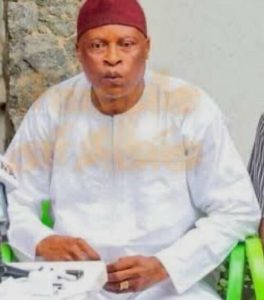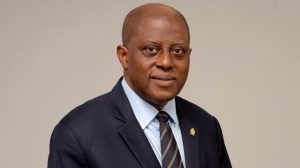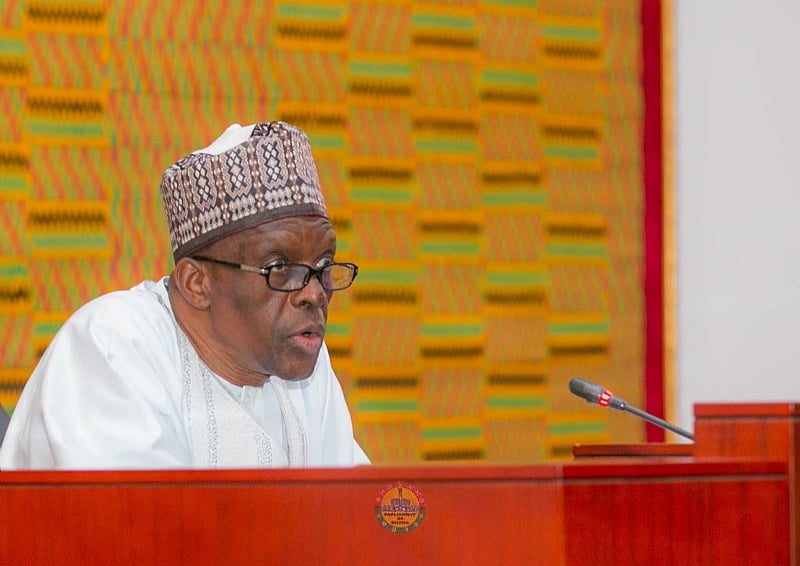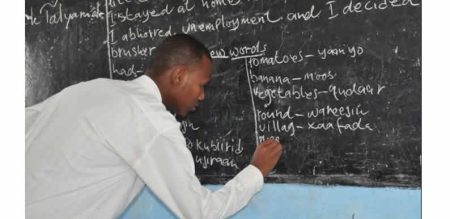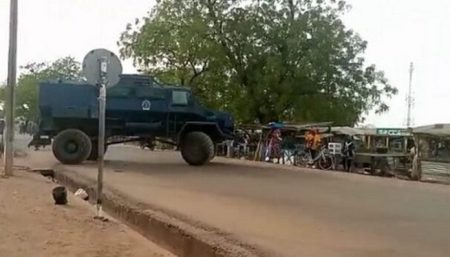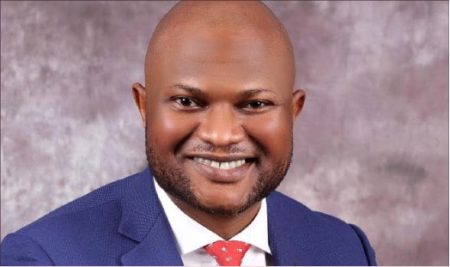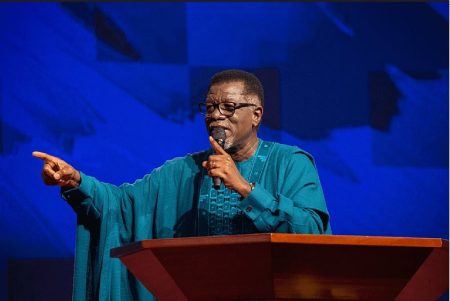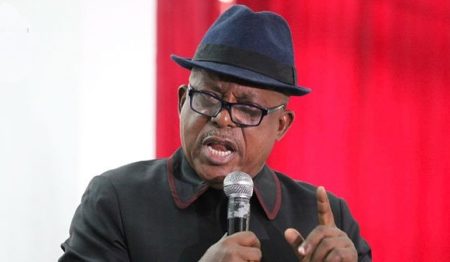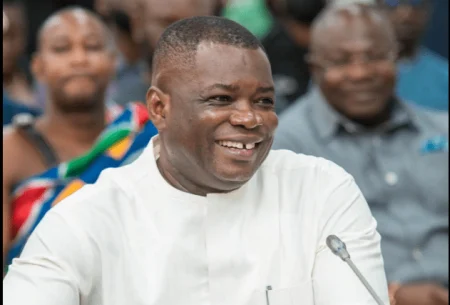On October 22, Ghana’s Speaker of Parliament, Alban Bagbin, announced an indefinite suspension of parliamentary proceedings due to a significant lack of quorum. This decision followed a tumultuous session that highlighted escalating tensions between the ruling New Patriotic Party (NPP) and the opposition National Democratic Congress (NDC). The atmosphere was heated, filled with clashes over the makeup of the Majority in Parliament, which underscored the ongoing political strife in the country. As the discussions progressed, it became increasingly evident that the deep political divide was about more than just parliamentary procedure; it reflected broader issues affecting Ghanaian governance.
During this fraught session, Speaker Bagbin briefly referenced a communication that he had received from the Supreme Court, although he chose not to divulge its contents. This decision not to elaborate on the Supreme Court’s message has been met with speculation, as it is widely believed to relate to an ongoing legal matter involving the declaration of four parliamentary seats as vacant. The Supreme Court had previously stayed this decision, leaving significant ambiguity around the composition of Parliament. Such uncertainty around the vacant seats raises pressing questions about representation and the dynamics within the legislature.
The disruption was compounded earlier in the day when NPP Members of Parliament (MPs) staged a walkout, leaving the NDC in an unusual position of holding the floor and occupying both sides of the House. This strategic exit by the NPP MPs was indicative of deeper fissures within the political landscape, as their absence removed essential voices from critical discussions. The walkout was not merely a protest but a tactic to assert their stance on the contested issues regarding parliamentary composition and authority.
While the official rationale provided for the adjournment was the absence of a quorum, the underlying political tensions played a crucial role in the session’s disruption. The speaker’s decision to cut proceedings short was thus not only about technical parliamentary rules but also reflected the fractious state of political affairs in Ghana. These dynamics reveal the intricate interplay between governance, party politics, and public sentiment, which have created a challenging environment for legislative operations.
With the indefinite suspension of parliamentary activities, the timeline for resuming proceedings remains uncertain. Both the NPP and NDC await further clarity and guidance from the Supreme Court regarding the vacant seats issue, which adds another layer of complexity to the situation. The lack of resolution on this matter stokes ongoing speculation and concern about the stability and functionality of Ghana’s Parliament, particularly in light of the contentious political climate. It also raises broader questions about the effectiveness of the legislative process in addressing critical national issues.
In conclusion, the suspension of parliamentary proceedings in Ghana highlights a critical moment in the country’s political landscape, marked by tensions between major political parties and ongoing legal uncertainties. Speaker Alban Bagbin’s handling of the situation, particularly regarding the Supreme Court’s communication, foreshadows potential challenges ahead. The actions of the NPP MPs and the resulting absence of quorum illustrate the depth of divisions within Parliament, which could have far-reaching consequences for governance and democratic processes in Ghana. As the nation navigates this period of contention, the dynamics within Parliament will be pivotal in shaping the future of its political discourse and legislative agenda.



